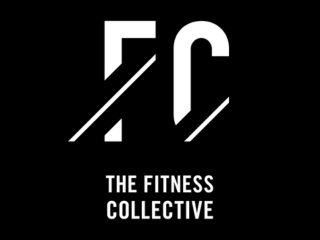Consuming a balanced diet is important for preventing various health issues such as coronary heart disease, hypertension and eczema. Additionally, it can help grow muscle, strengthen bones and prevent blood clotting. Nevertheless, putting away foods that have high nutritional value can be difficult for some people due to various reasons. In this blog we are going to discuss some of the barriers of eating well and providing suggestions on how to overcome these barriers.
Lack of Understanding
Macro’s, micro’s, calories, and metabolism. These are some of the words that you may have heard before in the fitness industry. Sometimes, understanding the definitions can be confusing. At The Fitness Collective we have fully trained professional coaches to discuss how we can make nutrition work for you but also simply educate you to be autonomous with our nutritional methods too. We break down nutrition in to methods and frameworks that not only suit you, are easy to understand but they can get you the results that you want!
Lack of Time
In line with our ‘’barriers to exercise’’ blog, an issue of clean nutrition has been attributed to time. Working busy careers and being out on the go a lot can create bad food habits. Maybe your kids may want chicken nuggets. Or perhaps you feel as though you cannot go food shopping to buy your fresh ingredients? Here are a few solutions to some of these issues:
1. Buy healthier ‘on the go lunches’. We have a list of places and food choices on the link at the bottom;
2. Create healthier versions of popular kids foods e.g. Homemade Chicken Nuggets and Vegetable Fries and;
3. 3. Cook your food in bigger portions so that you can freeze food for other days saving you more time to do the things you love.
Cost
Research suggests that food prices have gone up three times as much per calorie compared to unhealthier foods (Jones et al., 2014). Implications of this could mean people are making more difficult decisions when it comes to buying healthier foods. Never the less, there is a remedy. One solution is to buy your fruit and vegetables frozen, not only are they cheaper but they are also packed with the same, if not more nutrients than their fresher counterparts. Another suggestion is to have meat free meals a few times a week. Meat and fish can be expensive and although a great source of protein, you can get it from cheaper sources such as Quinoa, Pea and Whey Protein.
Resources and References
Link the ‘on the go lunch’ and Homemade Chicken Nuggets: https://www.thefitnesscollective.co.uk/ebooks
Jones, Nicholas RV, Annalijn I. Conklin, Marc Suhrcke, and Pablo Monsivais, (2014), The growing price gap between more and less healthy foods: analysis of a novel longitudinal UK dataset. PLoS One 9 (10): e109343.

